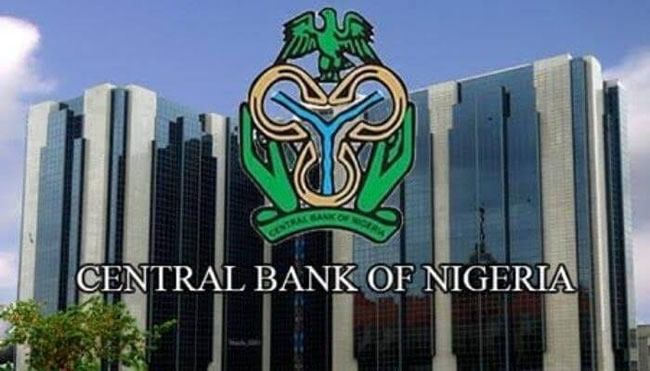
The Central Bank of Nigeria (CBN) has urged financial institutions to strengthen their compliance measures and align with international banking regulations to combat illicit financial activities and safeguard the country’s financial system.
During a compliance and anti-money laundering (AML) workshop held in Lagos on February 28, 2025, in partnership with Citi, the CBN emphasized the critical need for Nigerian banks to enhance their risk management frameworks.
The event brought together key players in the banking sector, including compliance officers, trade operations specialists, and financial professionals, to discuss the latest regulatory developments, emerging financial threats, and the best practices for maintaining global standards.
In a statement issued on Sunday, the CBN reiterated its commitment to improving oversight and ensuring that Nigerian banks implement robust, risk-based anti-money laundering (AML) and counter-financing of terrorism (CFT) strategies.
Shola Phillips, Special Adviser to the Governor on Compliance, highlighted the importance of developing frameworks that meet international standards. “Regulators expect financial institutions to maintain dynamic, risk-based AML/CFT programs that adapt to the ever-evolving financial landscape. Proactive engagement with regulatory changes and the adoption of innovative compliance solutions are crucial for institutions to meet these expectations effectively,” she emphasized.
Siobhan Ni Ealaithe, Managing Director of Citi’s Correspondent Banking Group, and Stephanie Bailey, Head of EMEA AML Risk Management for Foreign Correspondent Banking, underscored the need for stronger governance and technology-driven compliance solutions to prevent financial crimes.
The CBN confirmed that it would continue to enforce stringent regulations, introduce digital monitoring tools, and ensure that financial institutions adhere to global best practices to uphold the stability and credibility of Nigeria’s financial system.
Stay tuned for further updates on how these measures are reshaping the country’s financial landscape.





